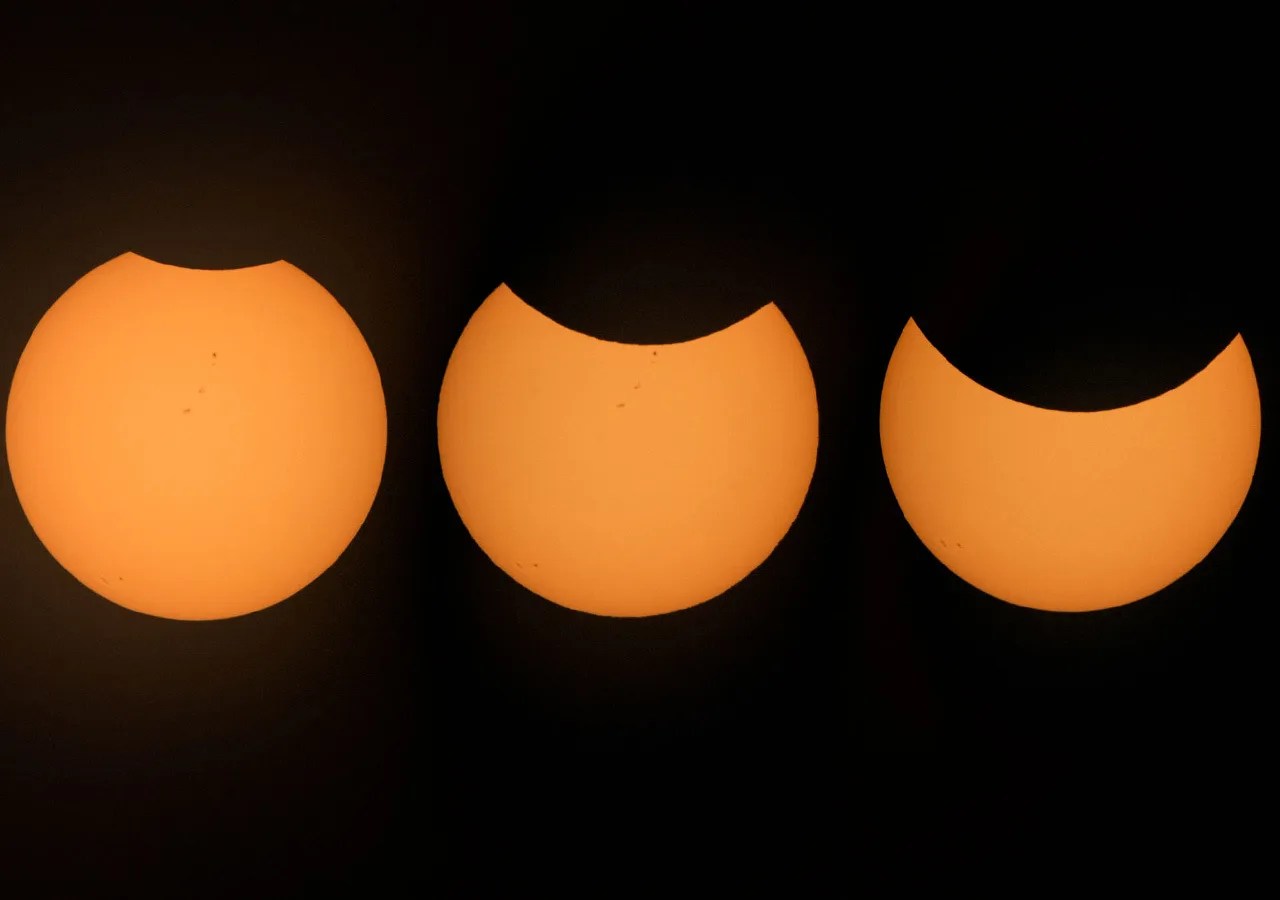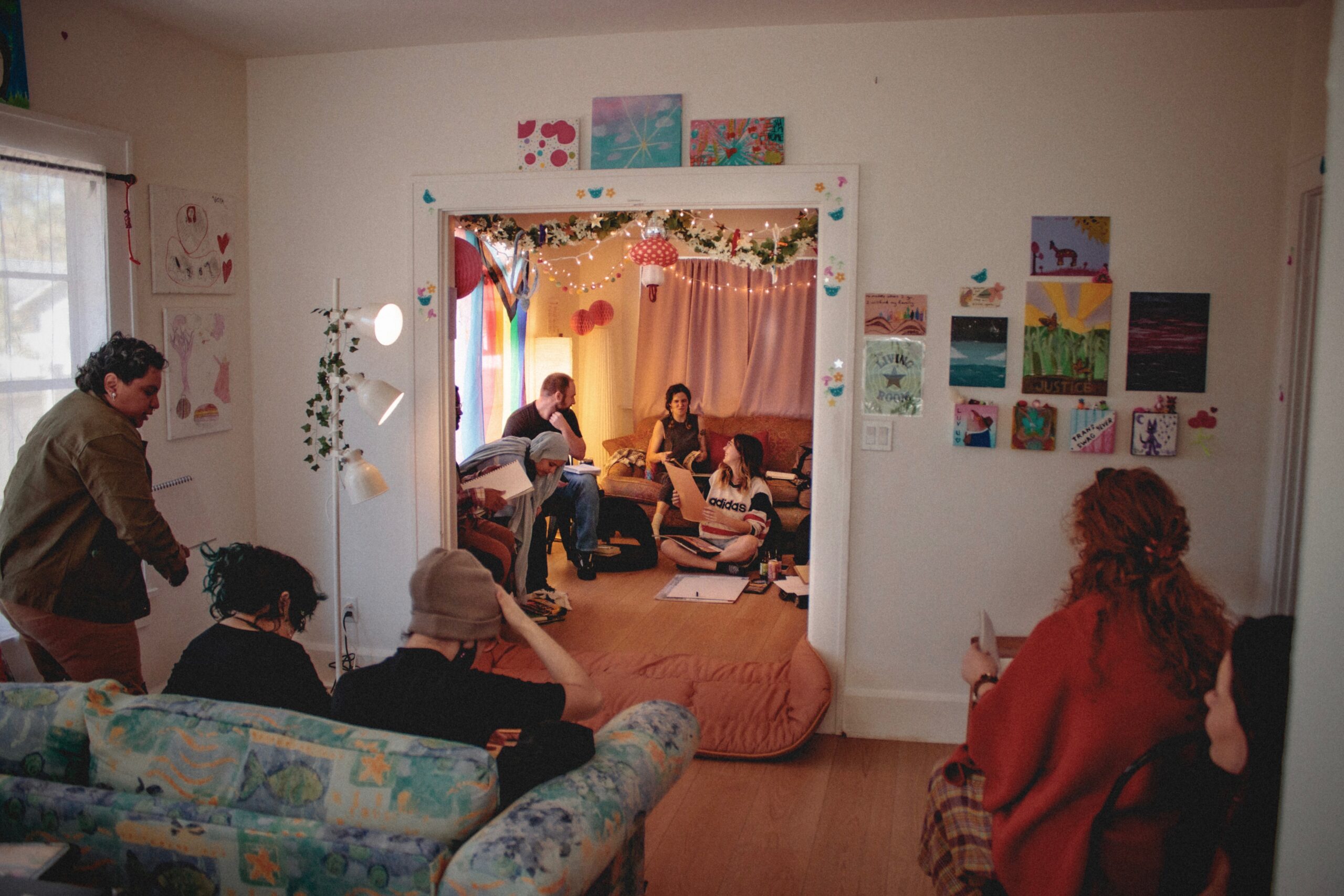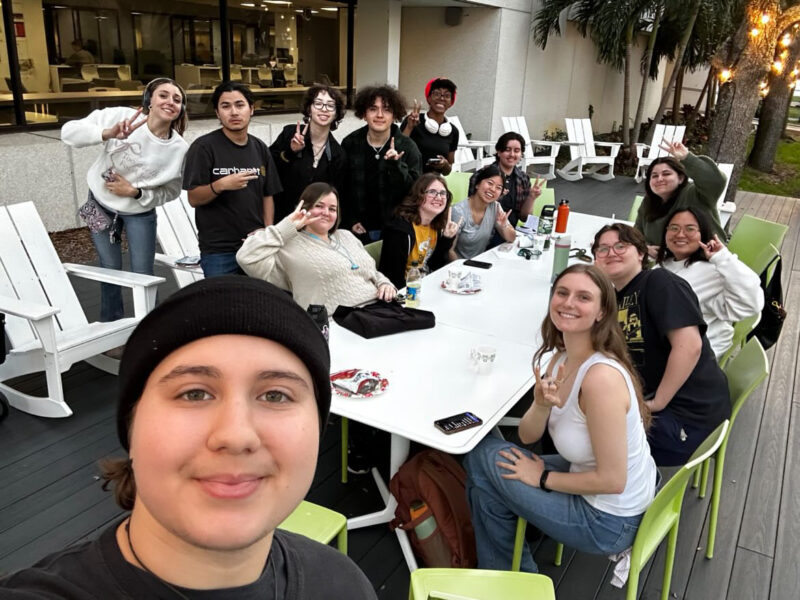Photo courtesy of NASA.
By Riley Benson
On Apr. 8 at 2 p.m., University of South Florida students can experience the 2024 Total Eclipse from campus. Student Government is hosting a Solar Eclipse Viewing Party on the Nelson Poynter Memorial Library lawn, that students can RSVP for on BullsConnect.
Student Government will be providing popcorn, space-themed cupcakes and certified solar eclipse viewing glasses. Viewers should only look at the sun during the eclipse while wearing proper eye-protection.
During the total solar eclipse, the moon will move in front of the sun, completely blocking the light. This type of eclipse last happened in 2017.
While Florida is not in the direct line of path to experience the entire solar eclipse, St. Petersburg we’ll be able to see a partial solar eclipse at about 57% coverage. The eclipse is expected to start around 1:42 p.m. and last for a couple of hours.
Only certain parts of the U.S. fall into the “path of totality” and are able to view the total solar eclipse. Several major cities, like Dallas, Texas, Cleveland, Ohio and Indianapolis, Ind. are in this path. On average, it’s a minimum drive of 13 hours to get into the path.
Kevin MacKay, an Astronomy Professor of Instruction and coordinator of undergraduate astronomy in the USF Department of Physics, is planning to drive over a thousand miles from Tampa to Indianapolis, to be able to view the eclipse.
In 1999, while teaching in Northern Ireland, MacKay took a group of students on a trip to England to view a total eclipse, but their view got obstructed by clouds at the last minute. This year he’s hoping to try again to get the perfect view.
“I’m very excited. I told my students I didn’t know what I would do if anything went wrong. I would probably lose my mind because of how far I traveled in 1999,” MacKay said.
When the last solar eclipse happened in the U.S., MacKay decided to let his student go outside to view the eclipse. This year, he has his students working on a project that teaches them how and why a solar eclipse happens.
“For me, this is a big event, and that’s why I don’t have a problem driving a thousand miles to witness it,” he said.
The next total solar eclipse in the U.S. is expected to happen on Aug. 23, 2044, with an annular solar eclipse happening on Oct. 2, later this year.



